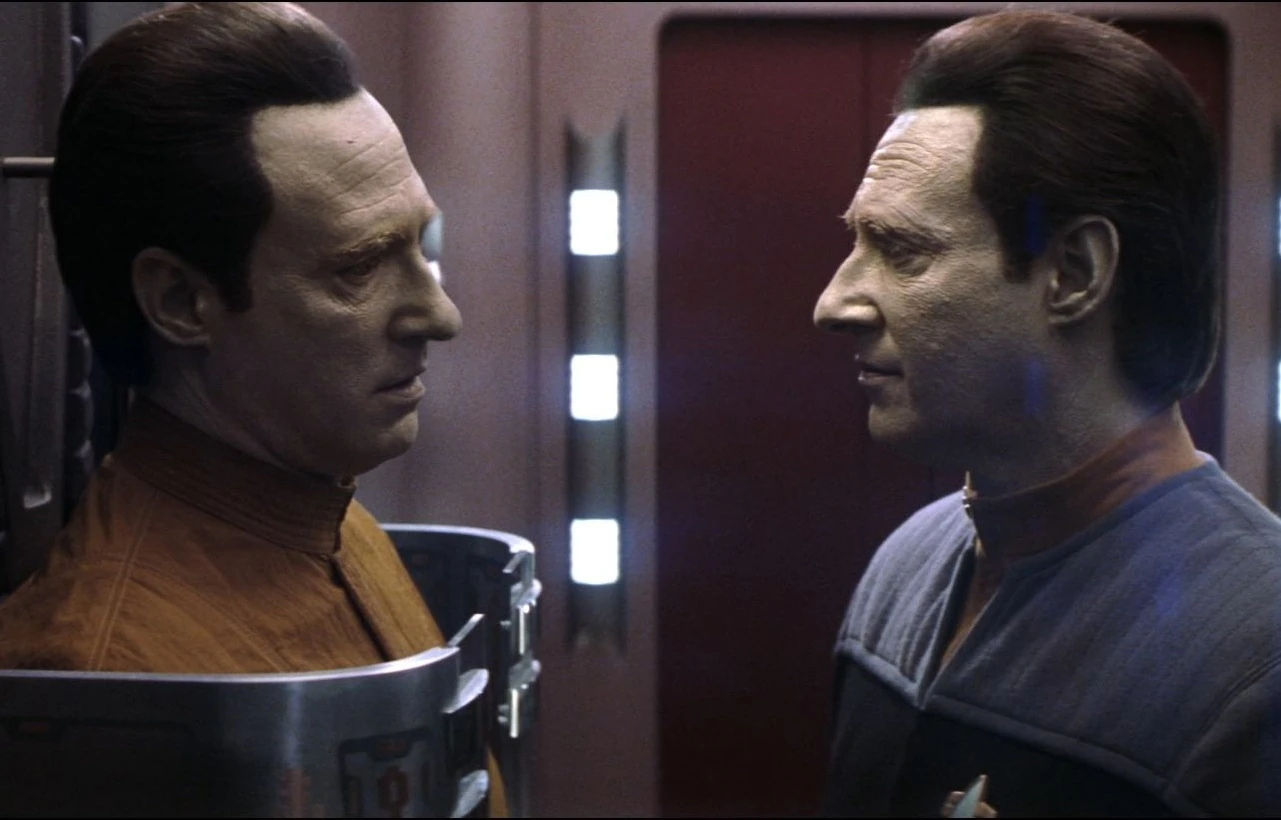If you enjoy this post, please retweet it.
Blog posts cannot substitute for legal advice. If the topics discussed in this post are relevant to a real case you have, please consult an attorney.
A copyright is a bundle of exclusive rights, including the right to make copies of an item, However, once someone purchases a copy of a copyrighted work, the purchaser owns that specific copy of that work. For example, if Ann purchases a copy of Bob’s book, Ann may not make copies of that book, but she may resell the specific copy she purchased without fear of infringement.
This gets a bit more complicated with respect to the resale of software. Most software comes with a “shrinkwrap license,” which is a contract packaged with the software. Under the terms of such a contract, just using the software is considered acceptance of the terms of that contract, and those terms indicate that software is merely licensed to rather than owned by the purchaser. If there isn’t actually a sale, then does the “no transfer” clause in the license prevent resale?
In Vernor v. Autodesk, Inc., Vernor was reselling unused copies of Autodesk’s “Release 14” auto-cad software on eBay. In determining that Vernor was a licensee rather than an owner of a copy, the Court developed and applied a three-part test: (i) whether the copyright owner specifies that a user is granted a license; (ii) whether the copyright owner significantly restricts the user’s ability to transfer the software; and (iii) whether the copyright owner imposes notable use restrictions.
Note that this is an exception applicable to digital works. In the context of nondigital, copyrighted works, the first-sale doctrine still applies but may be limited in cases involving illegally obtained goods. If you steal it, you can’t resell it.
Summary
- Once you purchase a copy, the First Sale doctrine allows you to dispose of that particular copy as you see fit.
- Most software is licensed, not sold, so the First Sale doctrine doesn’t apply.
- You can’t rely on on the First Sale doctrine when selling stolen goods.
Follow me on Twitter @gsllc (please retweet!)
Rob Bodine is a Virginia attorney focusing his practice on real estate and intellectual property law. He’s currently Virginia counsel with Cardinal Title Group, a Virginia title insurance and settlement company. Rob is also a licensed title insurance agent in Maryland and Virginia.

